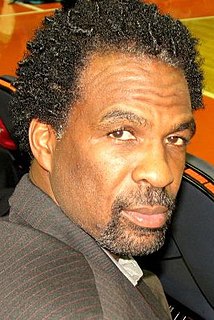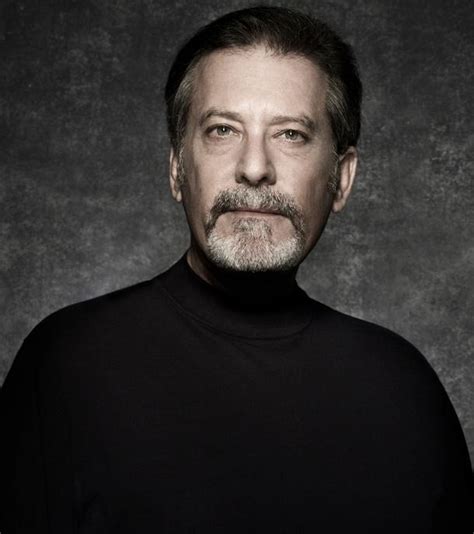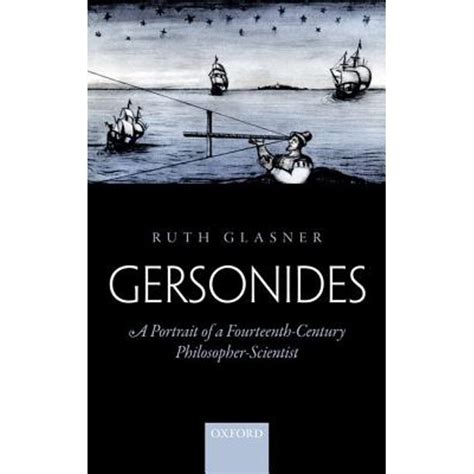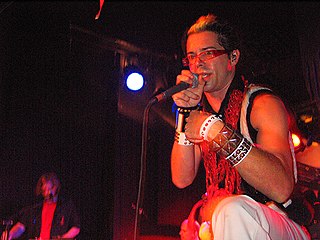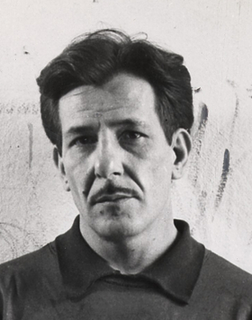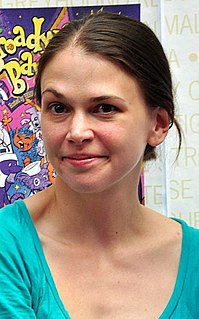A Quote by Malcolm Gladwell
The particular skill that allows you to talk your way out of a murder rap, or convince your professor to move you from the morning to the afternoon section, is what the psychologist Robert Sternberg calls "practical intelligence." To Sternberg, practical intelligence includes things like "knowing what to say to whom, knowing when to say it, and knowing how to say it for for maximum effect.
Related Quotes
Self-awareness is a trait - or maybe 'practice' is the more accurate way to put it - that everyone can always improve at. It is part emotional intelligence, part perceptiveness, part critical thinking. It means knowing your weaknesses, of course, but it also means knowing your strengths and what motivates you.
Wisdom and knowledge can best be understood together. Knowledge is learning, the power of the mind to understand and describe the universe. Wisdom is knowing how to apply knowledge and how not to apply it. Knowledge is knowing what to say; wisdom is knowing whether or not to say it. Knowledge gives answers; wisdom asks questions. Knowledge can be taught, wisdom grows from experience.
The line-by-line, sequential, continuous form of the printed page slowly began to lose its resonance as a metaphor of how knowledge was to be acquired and how the world was to be understood. "Knowing" the facts took on a new meaning, for it did not imply that one understood implications, background, or connections. Telegraphic discourse permitted no time for historical perspectives and gave no priority to the qualitative. To the telegraph, intelligence meant knowing of lots of things, not knowing about them.
While the dogmatist is harmful, the sceptic is useless ...; one is certain of knowing, the other of not knowing. What philosophy should dissipate is certainty, whether of knowledge or of ignorance. Knowledge is not so precise a concept as is commonly thought. Instead of saying 'I know this', we ought to say 'I more or less know something more or less like this'. ... Knowledge in practical affairs has not the certainty or the precision of arithmetic.
Because the true perfection of a practical occupation consists not only in knowing the actual performance of the occupation but also in its explanation, why the work is done a in a particular way, and because the art of calculating is a practical occupation, it is clear that it is pertinent to concern oneself with the theory.
You are the epitome of the word selfless, you did something knowing you wouldn't be able to come home, knowing that your country would have very mixed feelings and yet your integrity on what you believe was right or wrong or should be public knowledge was more important to you than almost your own comfortability and the life that you had lived for so long. So I would like say thank you to him.
My No. 1 piece of advice, especially for someone who's an actor-singer-dancer - a triple threat, they're called! - people say, 'What's the most important?' I always say acting. Without knowing why you're singing or what you're singing about, it's just noise. And without knowing why you're moving your body, it's just flailing of arms.
Right now you can allow yourself to experience a very simple sense of not knowing - not knowing what or who you are, not knowing what this moment is, not knowing anything. If you give yourself this gift of not knowing and you follow it, a vast spaciousness and mysterious openness dawns within you. Relaxing into not knowing is almost like surrendering into a big, comfortable chair; you just fall into a field of possibility.




